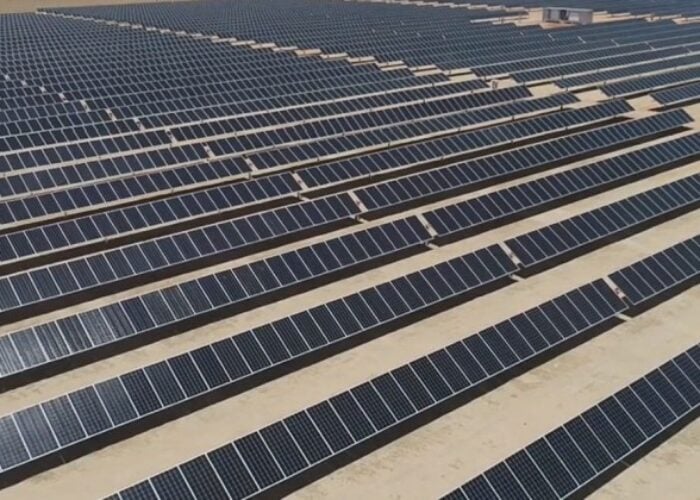Japanese electronics firm Kyocera has partnered with a Brazilian engineering company to provide solar-powered lighting to 73km of highways in Rio de Janeiro, in a project funded by local authorities.
Kyocera has supplied over 4,300 of its solar streetlights to the 3.2MW DC project, expected to produce around 2.8GWh of PV power annually. Each streetlight kit includes a 150W LED lamp, three Kyocera KD250 solar modules, controller, photocell (light sensor), mounting structures and four 240Ah/12Vcc lead acid batteries.
Try Premium for just $1
- Full premium access for the first month at only $1
- Converts to an annual rate after 30 days unless cancelled
- Cancel anytime during the trial period
Premium Benefits
- Expert industry analysis and interviews
- Digital access to PV Tech Power journal
- Exclusive event discounts
Or get the full Premium subscription right away
Or continue reading this article for free
Local engineering firm Soter has installed the lights over the past two years on Arco Metropolitano do Rio de Janeiro, which is a project to connect Rio’s five main highways and was begun in 2009. According statement from Kyocera, one of the main aims of the infrastructure project is to help stimulate economic growth in the region by reducing importing and exporting costs. The Kyocera-Soter project will cover around half of the highway network’s 145km total distance.
President of Kyocera Solar do Brasil, Sergio Beninca, said the streetlighting project underlined the company’s dedication to “solar solutions that are helpful in rural areas”. Beninca went on to say that the project’s independence from the grid would help local, lower-income households by not overburdening their existing electricity networks. Kyocera has had Brazil offices since the mid-1970s.
A Kyocera spokeswoman told PV Tech the lighting solution uses lead-acid batteries, supplied by Johnson and Moura. The batteries are directly connected to the charge controller, and store solar generated during the day. Once the photocell detects that light levels have fallen and the LED lamps are needed, they come on.
According to the spokeswoman, the system can store power and run the lights for three days without sunlight. Additionally, the spokeswoman said that, unlike with more intensive off-grid solar-plus-storage applications, the lights will not need a supplementary power source such as diesel and instead use “100% of solar energy stored in batteries”.






